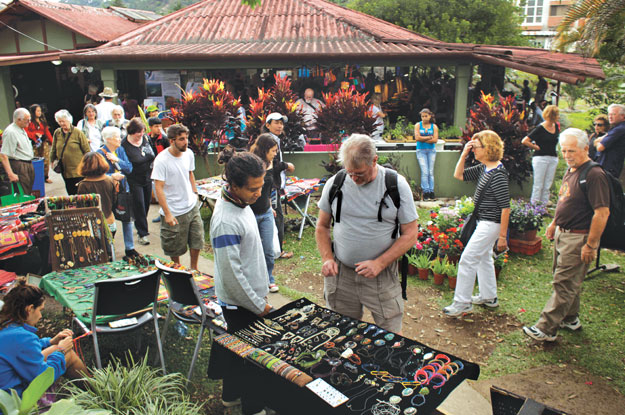Dear Mister / Madam President,
U.S. baby boomers often seem like Mexico’s fastest-growing imports. In the Lake Chapala region where I live, an estimated 10,000-plus Americans — or double that number, depending on the time of year — call the area between the cities of Chapala and Jocotepec home. While most come to take advantage of the congenial climate of the “Lake Chapala Riviera” and the lower cost of living, they are also in many ways special ambassadors of the U.S. — contributing to the local economy and involving themselves in local charities. U.S. expat retirement communities are also flourishing in other Mexican cities, such as San Miguel de Allende and Mérida — not to mention in Belize, Panama and Ecuador.
But these aging boomers face discrimination in their medical expenses. As residents abroad, they do not qualify for Medicare reimbursement, except in rare cases. You could make a significant contribution to their welfare and peace of mind and, indirectly, to the economies of their adopted countries, by allowing Medicare benefits to be paid to entitled recipients outside the U.S.
Retirement abroad is not just a Latin American phenomenon. More U.S. citizens are choosing to live out their years in many other places around the world. So why shouldn’t their Medicare benefits be portable? Travelers who fall ill in a foreign country can get reimbursement for medical expenses. Decoupling Medicare rights from U.S. residential requirements would recognize the profound changes in American life in the half-century since the program was introduced.
Many of the baby boomers living overseas have already spent at least part of their careers working outside the U.S. — a reflection of the multinational interests of U.S. businesses. Many are well-educated and familiar with living in different cultures. The retirees in Latin America comprise educators, former government employees, corporate executives and entrepreneurs. Many have found new occupations in which to pour their energies and they still pay U.S. taxes. In addition, there are many U.S. citizens of Latin American origin who contemplate retirement in their home countries to be closer to family.
The movement for an extension of Medicare benefits abroad is slowly picking up steam. Expat groups in San Miguel de Allende and Chapala are campaigning for the change. You could build on this momentum by working with Congress to investigate this trend and then implement a Medicare pilot program in a Latin American city like Guadalajara, already a medical tourism hub due to its high-quality healthcare and prestigious public and private educational institutions.
Critics say extending Medicare beyond U.S. borders would complicate efforts to keep track of spending — and make it even more vulnerable to fraud. But that’s short-sighted. In fact, it can save money for our overburdened health care system. According to the Centers for Medicare and Medicaid Services, U.S. national health expenditures (NHE) amount to almost $10,000 per person annually; Medicare spending represents 20 percent of total NHE. And health spending is projected to increase at an average of 5.8 percent annually from 2014 to 2024. Costs vary in Latin America, but they are still generally lower than the U.S. and could offer considerable savings to both our government and to thousands of citizens. To take one example, the Health of America Report, conducted by Blue Cross Intelligence in 2015, found the average cost of total knee replacement surgery was $31,124 in 64 U.S. markets. The same surgery in Guadalajara would cost about a quarter of that total — about $8,000 — in many of its major hospitals.
As for fraud, the TRICARE insurance program covering U.S. military personnel offers a successful model for controlling and monitoring health spending for U.S. citizens living abroad. Moreover, organizations like the U.S.-based Joint Commission International identify and certify quality medical organizations around the world. Major carriers such as Blue Cross-Blue Shield currently work with certified hospitals throughout Latin America.
It’s a question of fairness. The vast majority of U.S. retirees living in Mexico or elsewhere in Latin America have effectively contributed all their working lives to a Medicare system that they cannot use. You could address this inequity by building upon the existing medical networks used by TRICARE and major insurance carriers, and help American companies in the process. With the proper safeguards against fraud, it’s a win-win proposition. And if you need further convincing, don’t forget that U.S. citizens abroad are also voters!
—
Truly has studied retirement migration to Latin America since 1997 and is currently a professor at the Autonomous University of Guadalajara. He received his doctorate in geography from the University of South Carolina before moving to the Lake Chapala area of Mexico to examine the growth and impacts of international retirement migration.




